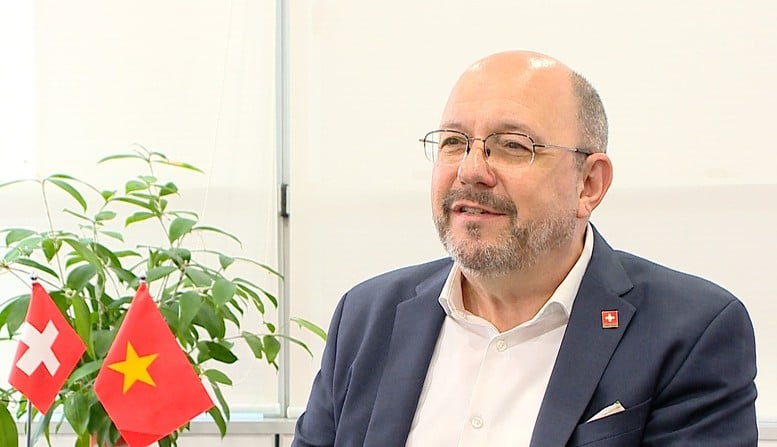
Mr. Thomas Gass, Swiss Ambassador to Vietnam - Photo: VGP/Quang Thuong
On November 15, 2024, the Politburo issued Notice 47-TB/TW on the establishment of regional and international financial centers in Vietnam. Accordingly, a comprehensive international financial center will be established in Ho Chi Minh City and a regional financial center in Da Nang city.
To implement this policy, on December 31, 2024, the Government issued Resolution No. 259/NQ-CP approving the Action Plan for the development of regional and international financial markets in Vietnam. Then, on March 5, 2025, the Government issued Resolution No. 42/NQ-CP on the proposal to develop a National Assembly Resolution on financial markets in Vietnam.
Mr. Thomas Gass, Ambassador of Switzerland to Vietnam, had an interview with the Government Electronic Newspaper about the importance of financial markets to the economy, as well as the opportunities and challenges in building international financial markets in Vietnam.
The Importance of Financial Centers to Vietnam's Economy
Ambassador, could you tell us about the importance of financial centers to the Swiss economy?
Ambassador Thomas Gass: The financial sector is very important for Switzerland, contributing 9.1% to the gross domestic product (GDP), while also creating 5.2% of total employment and contributing 11.6% of total government tax revenue. Just looking at these three figures, one can see how important the financial sector is for Switzerland.
We have two world-class international financial centres, in Zurich and Geneva. In 2024, these centres were ranked 13th and 17th respectively in the global report on the ranking of 121 major financial centres in the world.
The Zurich financial center is strong in asset management, private banking and insurance, while the Geneva financial center focuses mainly on commodities trading and international finance. Both centers are not only protected by a modern and secure legal system, but also thrive thanks to the Swiss government's commitment to creating an environment conducive to developing high-quality human resources and ensuring that these financial centers can promote their values.
According to the Ambassador, how will the TTTCs established in Da Nang City and Ho Chi Minh City contribute to Vietnam's economic development?
Ambassador Thomas Gass: Financial centers will play an important role and contribute to helping Vietnam achieve its goal of becoming a high-income and sustainable economy. The development of these financial centers will enhance Vietnam's reputation and attractiveness, attract international investment, contribute to GDP, create more jobs and contribute to the country's overall economic stability.
However, this can only be one of the pillars of the development strategy. With a population of more than 100 million, Vietnam needs and will certainly implement other important pillars, such as industrial modernization, infrastructure upgrading and energy transition.
Important factors helping Vietnam develop a financial center
Could the Ambassador mention the opportunities and challenges for Vietnam in building TTTC?
Ambassador Thomas Gass: An international financial center is a place where global financial institutions and financial services converge. What these centers have in common is that they are protected by a modern and secure legal and regulatory framework. This is a very important factor.
In addition, a developed financial ecosystem combined with modern financial service specialization are also key factors. Financial centers act as important nodes in the global financial network, facilitating cross-border financial transactions, attracting international investment and promoting innovation in the financial industry.
However, there is fierce competition among international financial centers around the world. This competition takes place on many fronts.
I would like to mention important factors such as the business environment – how easy it is for the financial sector to operate; human resources – the ability of financial firms to find people with the right skills; and infrastructure – which is very important. In addition, the depth and reputation of financial services as well as quality of life are factors that cannot be ignored.
Therefore, financial institutions need a modern and effective legal framework. In Switzerland, we have a modern and secure legal system that protects financial institutions. At the same time, internal regulations are established to ensure stable financial operations.
We have an independent supervisory body called FINMA, which plays a very important role in building international confidence that they can trust and invest in these financial institutions.
Clusters need high-quality human resources, and talent is attracted to attractive environments. In Switzerland, we emphasize quality of life, clean air, advanced education and healthcare systems, and ease of travel. These are all important factors when attracting top talent to an international cluster.
In addition, financial centres also need to have core values. Our government and businesses are committed to ensuring that environmental and social sustainability will always be part of the value of financial centres in Switzerland.
Switzerland is ready to support Vietnam in developing financial centers.
Could the Ambassador share about Switzerland's support for Vietnam in developing IT centers in the coming time?
Ambassador Thomas Gass: Vietnam is one of the priority countries in Switzerland’s economic and development cooperation program. To support the country’s goal of becoming a strong and high-income economy by 2045, our cooperation program focuses on three main pillars, including promoting sustainable trade and innovation; strengthening sustainable public and private finance; and developing smart, climate-resilient urban and industrial development.
Because we believe that market confidence in the banking system's access to services and sustainable value are essential, Switzerland promotes a strong financial sector by improving government supervision and fostering innovation.
A banking system that should not only serve foreign companies or the wealthy, but also provide SMEs with access to appropriate and innovative financial services is one of the programs we are investing in.
In fact, just last week, we launched the second phase of our value chain finance technical assistance program, which in its first phase has helped half a million small and medium-sized enterprises in Vietnam access credit from financial institutions.
Through this program, 500,000 small and medium enterprises in Vietnam have been provided with services by the financial system worth up to 33 billion USD. Becoming a reputable financial center does not only mean providing services to the international community and businesses, but also ensuring that domestic businesses also benefit.
In addition, Switzerland has a long-standing cooperative relationship with Vietnam to strengthen policies and consolidate the banking system and financial institutions.
In addition, we have supported the modernization of the Law on Credit Institutions and capacity building for commercial bank leaders. We cooperate with the Swiss Finance Institute to provide specialized training programs for senior executives of Vietnamese commercial banks.
Since 2009, we have trained more than 230 senior banking executives in Vietnam, providing them with 18-month courses to enhance their skills, gain a better understanding of the modern banking and finance environment, and help their banks adapt, grow and succeed in a volatile economic environment.
Switzerland is currently working closely with the State Bank of Vietnam on financial digitalisation and fintech, as well as supporting the development of sustainable financial services. In this context, we are also working with the Da Nang People’s Committee to provide support and advice./.
Thuy Dung
Source: https://baochinhphu.vn/phat-trien-trung-tam-tai-chinh-se-nang-cao-uy-tin-va-suc-hap-dan-cua-viet-nam-102250329084955256.htm



![[Photo] General Secretary To Lam receives Russian Ambassador to Vietnam](https://vstatic.vietnam.vn/vietnam/resource/IMAGE/2025/4/2/b486192404d54058b15165174ea36c4e)
![[Photo] Prime Minister Pham Minh Chinh receives CEO of Standard Chartered Group](https://vstatic.vietnam.vn/vietnam/resource/IMAGE/2025/4/2/125507ba412d4ebfb091fa7ddb936b3b)

![[Photo] Prime Minister Pham Minh Chinh receives Deputy Prime Minister of the Republic of Belarus Anatoly Sivak](https://vstatic.vietnam.vn/vietnam/resource/IMAGE/2025/4/2/79cdb685820a45868602e2fa576977a0)
![[Photo] Comrade Khamtay Siphandone - a leader who contributed to fostering Vietnam-Laos relations](https://vstatic.vietnam.vn/vietnam/resource/IMAGE/2025/4/3/3d83ed2d26e2426fabd41862661dfff2)
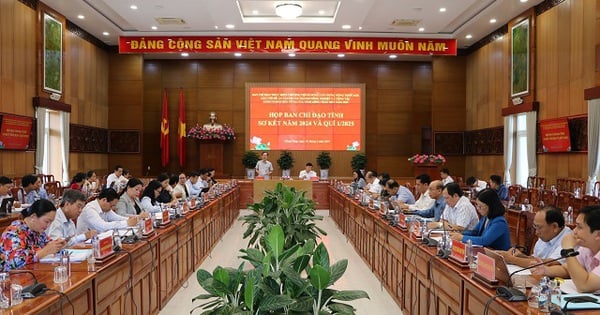


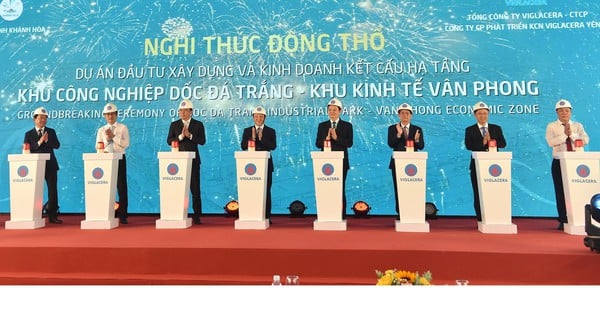
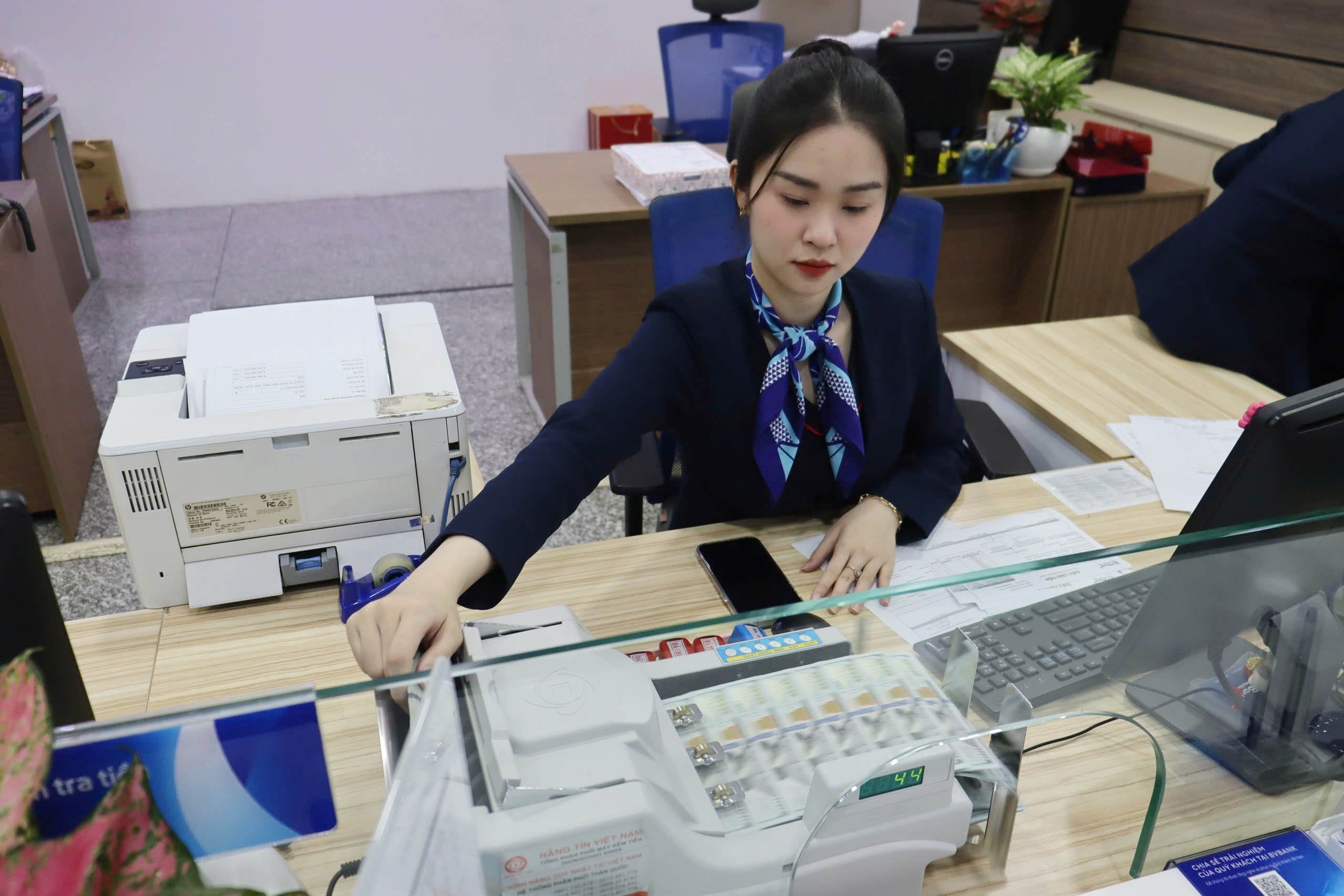
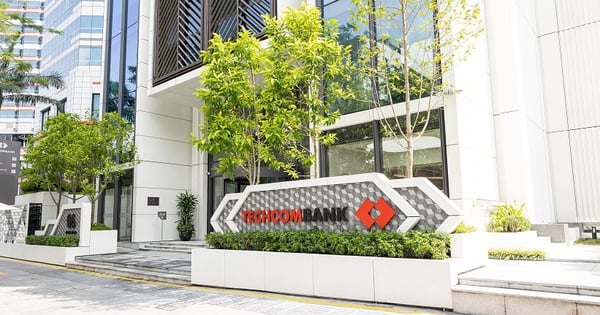




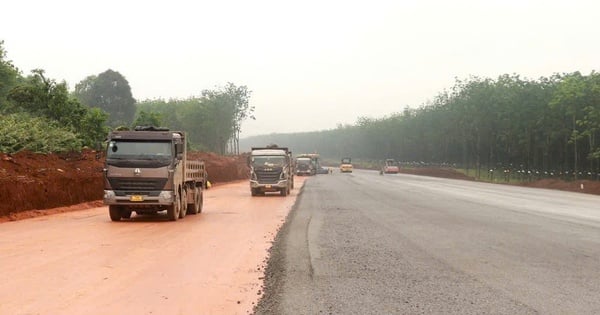
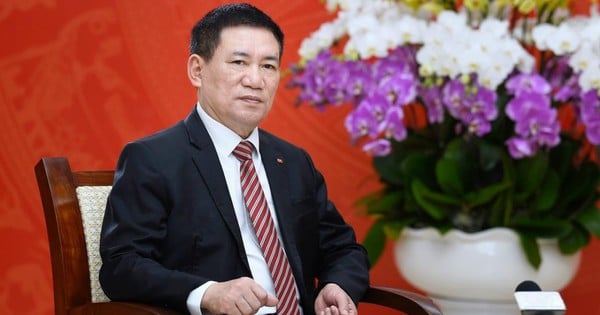

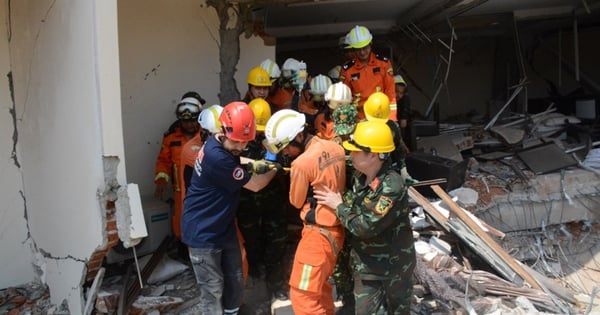


















































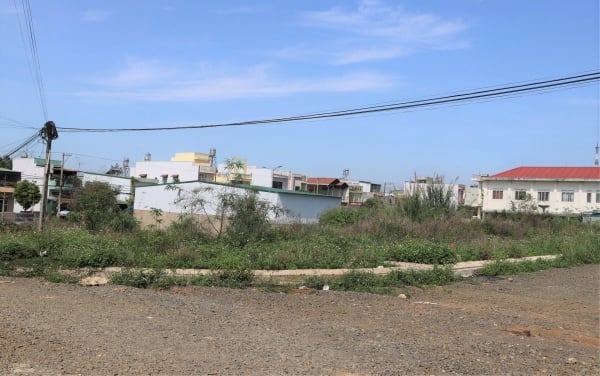


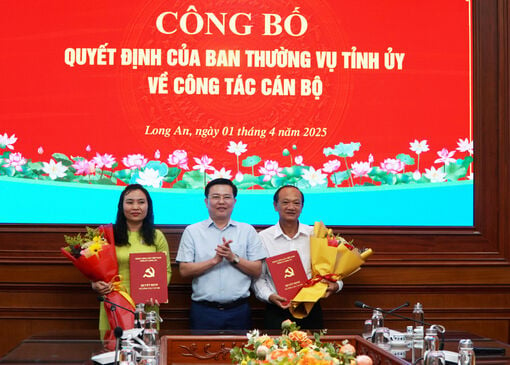

![[Podcast] News on March 26, 2025](https://vstatic.vietnam.vn/vietnam/resource/IMAGE/2025/4/3/c3d9c3c48b624fd9af79c13ff9e5c97a)
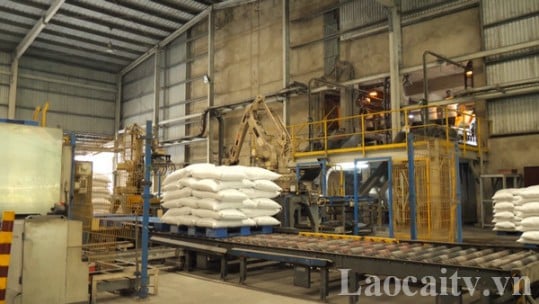












Comment (0)